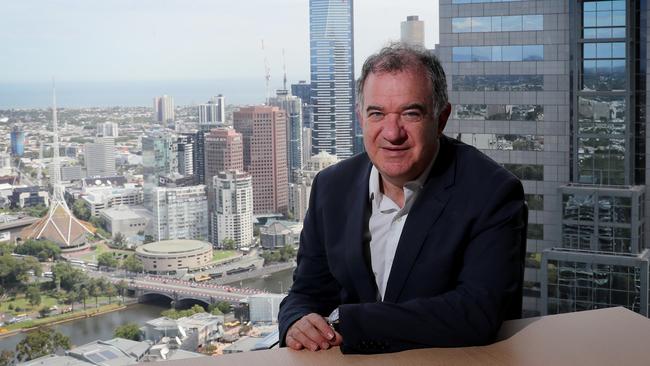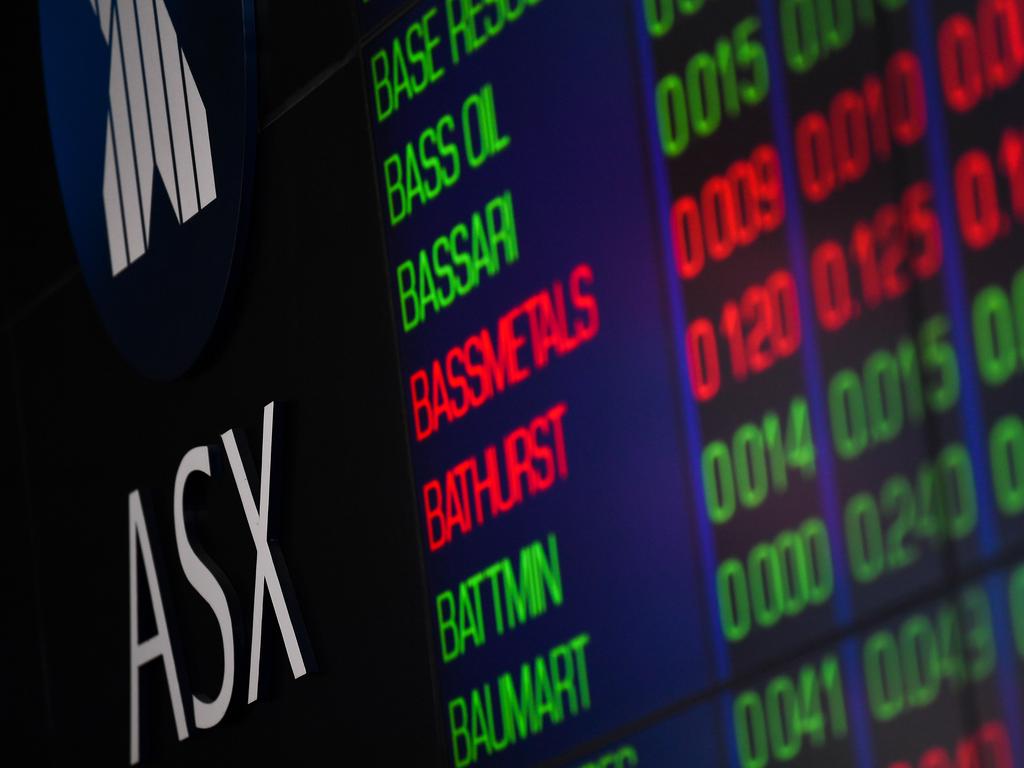FDA advisers back Mesoblast’s remestemcel-L COVID-19 drug, sending shares soaring
Shares in Australian biotech Mesoblast rocket after it clears first approval hurdle for its drug to treat patients with serious COVID-19 complications.

As Russia readies to launch what it calls the first effective COVID-19 vaccine, Sputnik V, and other inoculation efforts across the globe gather pace, Mesoblast says its treatment against the highly infectious virus will be needed for years to come.
The stem cell-focused biotech is on the cusp of achieving its biggest breakthrough and rewarding shareholders who, with knuckles white, have ridden the extreme share price volatility as its drug, remestemcel-L, edges closer to approval.
On Friday, the US Oncologic Drugs Advisory Committee (ODAC) voted nine to one in favour of the therapy, which was developed to treat steroid-refractory acute graft-versus-host disease, which has a similar immune response seen in patients with severe complications from coronavirus.
The high hopes of remstemcel-L preventing COVID-19 deaths sent Mesoblast’s shares rocketing to near six-year highs this week, with the ODAC vote sending the stock soaring 39.1 per cent to $4.70 on Friday.
ODAC’s support is significant given the US Food and Drug Administration seeks their advice before approving a new drug, with a decision expected by September 30.
Mesoblast is currently completing phase three trials in the US to test the efficacy of remestemcel-L on COVID-19 patients suffering the potentially lethal acute respiratory distress syndrome.
About 300 patients are enrolled in the trial and early next month Mesoblast is expected to reveal their initial results, and if the strongly support its hypothesis, it will then seek to have it approved as a treatment for COVID-19 as well a graft-versus-host disease.
“It would be massive. It’s a huge opportunity, bigger than anything we have focused on to date. That would be a great outcome,” Mesoblast chief executive Silviu Itescu said.
“But let’s go one step at a time.”
And he has a good reason. Global equity markets are hypersensitive to any developments in COVID-19 treatments. On Tuesday, Mesoblast’s shares dived more than 30 per cent after the FDA released a discussion paper questioning the effectiveness of remestemcel-L ahead of the ODAC vote, which was held early on Friday morning (AEST).
Bell Potter analyst Tanushree Jain said the ODAC meeting involved a “scientifically rigorous discussion, which initially looked like it was going in circles”.
“I believe both the panel and the FDA acknowledged that there was enormous complexity stemming from the heterogeneity of cells around getting the manufacturing right,” Ms Jain said.
“However, they basically concluded this is the state of the art today i.e. as good a manufacturing process they will get and echoed what Dr Itescu had alluded to in his remarks that it is a iterative process in future to make further modifications and improvement in this process to further perfect this.”
For Dr Itescu, he said a high bar was needed to prevent “shonky products” entering the market and to protect patients.
“This is new,” he said.
“If approved it will be the first stem cell therapy of its type in the US. The FDA wanted to understand what is the mechanism of the action, and if the tests that we are using to validate the product were appropriate.
“We provided the kind of data and evidence that made people feel that we know what we are talking about. That was a major part of why the vote was almost unanimous nine to one in favour.”
Acute respiratory distress syndrome in COVID-19 patients triggers a similar inflammatory response, called a cytokine storm, to acute graft-versus-host disease. Remestemcel-L aims to suppress that inflammatory response, protecting lung tissue and improving survival rates.
“We are addressing the problem that kills you,” Dr Itescu said.
And he said the problem would remain even if Russia proves its Sputnik V vaccine works and other vaccines become available.
“The point is we need one or multiple vaccines and even with vaccines coming along, like with the influenza virus, these vaccines are likely to be in the order of 50 per cent effective maximum.
“We are still going to need substantial, effective therapeutics for those patients who fall between the cracks, don’t take vaccines or where viruses mutate and the vaccines are not effective. That’s really what we are planning for with our therapy.”







To join the conversation, please log in. Don't have an account? Register
Join the conversation, you are commenting as Logout